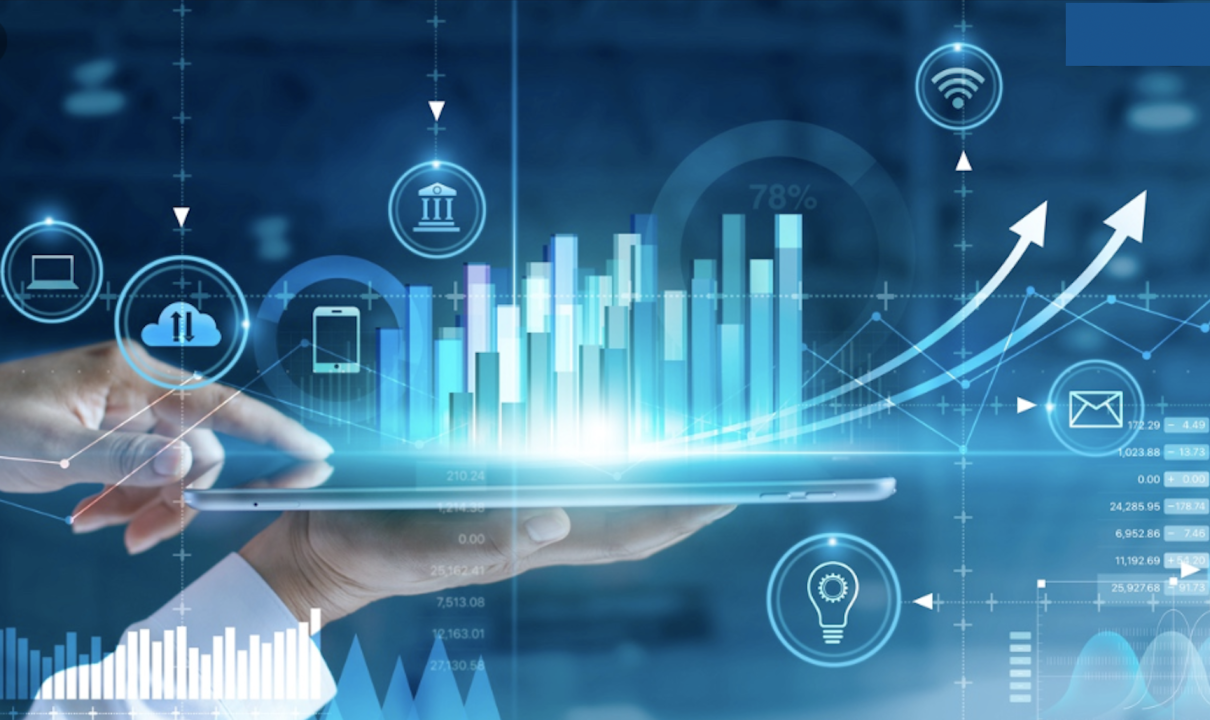Future of Finance
Introduction
Future of Finance | The world of finance is undergoing a profound transformation, driven by rapid advancements in technology. Among the key driving forces are Artificial Intelligence (AI) and Blockchain, which are revolutionizing traditional stock markets and paving the way for a more efficient and transparent financial ecosystem. In this article, we will delve into the impact of AI and Blockchain on stock markets and explore the potential future landscape of finance.
AI’s Role in Stock Markets
AI-Powered Trading Strategies (H2)
Artificial Intelligence has significantly altered the landscape of stock trading. AI algorithms, powered by machine learning and deep learning techniques, can analyze vast amounts of data at lightning speed, enabling traders to make informed decisions. These algorithms can recognize patterns, predict market trends, and identify potential risks, leading to more accurate trading strategies.
Algorithmic Trading and Market Efficiency (H2)
Algorithmic trading, a subset of AI-powered trading, has gained immense popularity. These algorithms execute trades based on pre-defined criteria without human intervention. As AI algorithms become more sophisticated, they contribute to market efficiency by reducing the impact of emotional decision-making and minimizing trading errors.
Risk Management and Fraud Detection (H2)
AI plays a crucial role in risk management and fraud detection within stock markets. Machine learning models can identify unusual trading patterns, flagging potentially fraudulent activities. Moreover, AI-driven predictive models assess market risks and provide investors with insights to make informed decisions.
Blockchain’s Impact on Stock Markets
Decentralization and Transparency (H2)
Blockchain technology introduces decentralization and transparency to stock markets. Transactions are recorded in a tamper-resistant and distributed ledger, ensuring that all participants have access to the same information. This transparency reduces the likelihood of fraud and enhances trust among investors.
Efficient Settlements (H2)
Traditionally, stock settlements can take days to complete. Blockchain technology has the potential to streamline this process by enabling near-instant settlements. Smart contracts, self-executing code stored on the blockchain, can automate and expedite trade settlements, reducing counterparty risk and increasing liquidity.
Tokenization of Assets (H2)
Blockchain introduces the concept of tokenization, where traditional assets such as stocks can be digitized and represented as tokens on the blockchain. This enables fractional ownership, making high-value assets more accessible to a broader range of investors. It also opens up new avenues for liquidity and trading opportunities.
The Future Landscape
Integration of AI and Blockchain (H2)
The future of finance lies in the seamless integration of AI and Blockchain technologies. AI can enhance the predictive power of trading algorithms by analyzing vast amounts of data, while blockchain ensures the security and transparency of transactions. Together, they can create a more efficient, trustworthy, and data-driven stock market ecosystem.
Global Accessibility (H2)
Blockchain technology can democratize access to stock markets. With tokenization, investors worldwide can participate in markets that were once limited by geographical barriers. This expanded access could potentially drive more diverse and dynamic trading landscapes.
Regulatory Considerations (H2)
As AI and blockchain continue to reshape finance, regulatory frameworks must evolve to ensure investor protection and market integrity. Striking the right balance between innovation and regulation is crucial to harnessing the full potential of these technologies.
Conclusion
The future of finance is undergoing a transformational journey, driven by AI and blockchain technologies. These innovations are revolutionizing traditional stock markets by introducing efficiency, transparency, and accessibility. As AI algorithms become more sophisticated and blockchain adoption expands, the stock market ecosystem will likely become more data-driven, secure, and inclusive. However, it is essential for regulators, market participants, and technology innovators to collaborate in order to navigate the challenges and opportunities presented by this evolving landscape. Embracing the potential of AI, blockchain, and their integration is the key to unlocking the next phase of financial evolution.







 {
#divFLRARight, #divFLRALeft {
display: none !important;
}
}
</style>
<script>
/(trident|msie)/i.test(navigator.userAgent) && document.getElementById && window.addEventListener && window.addEventListener()